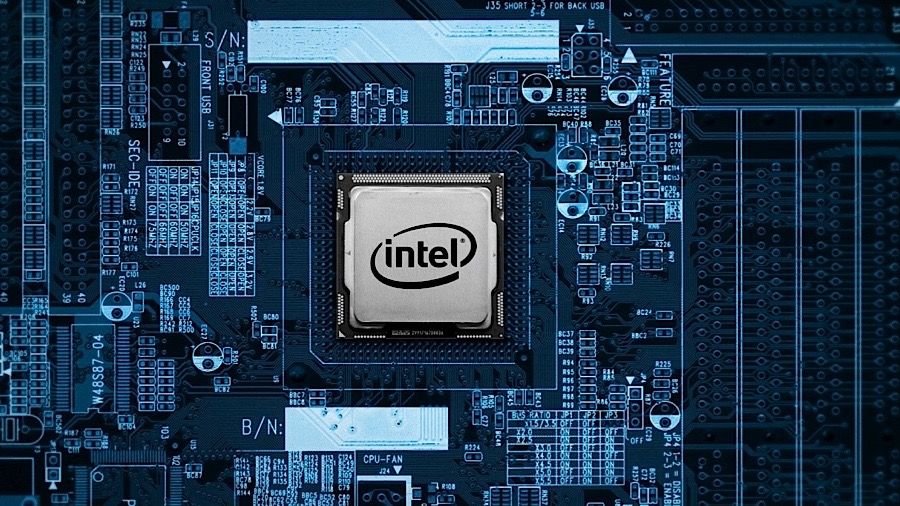Intel is working to make Chrome – and other browsers – less power-hungry
Look forward to a bit more battery life from your laptop

Two common complaints about Chrome are that it's a memory hog and that it gulps power by the mouthful. The memory issue is likely to persist for the foreseeable future, but Intel has plans that could turn the browser into more of a power sipper.
In a discussion on the Chromium bug-tracking website, an Intel engineer suggests Chrome could make use of processor's RGB10 overlay support when outputting HDR content to help reduce power consumption.
- How to get Chrome dark mode
- Google is halting all new Chrome updates
- The best Chrome VPN and extension 2020
As Chromium is at the heart of more than just Google Chrome, the change would affect numerous other browsers – including the new version of Microsoft Edge – if it is implemented. But the power improvements would not be felt by everyone, and this could cause Chromium developers think long and hard before taking action.
As the suggestion comes from an Intel engineer, it is not surprising that the optimisations would benefit Intel users. But even then, only a percentage of system with Intel processors would see any improvement.
Writing on the Chromium bug-tracker, an Intel engineer (known only as Richard) said: "Intel platforms since Icelake begin to support outputting HDR content through it's [sic] ovelay [sic] tech with RGBA10 format. Enable this feature would provide better energy performance on devices based on Icelake or above."
Power improvements
As Richard notes, RGB10 overlay support is only available on Intel's tenth generation Ice Lake chips, and those that came after it. While Ice Lake is widely used, there are plenty of older computer – and non-Intel systems – that would see no benefit from the change.
It's hard to say quite when the power optimization will arrive – or even that it definitely will, for that matter – but it's unlikely to be any time soon. Google has already announced that the impact of the coronavirus pandemic means there will be no new versions of Chrome for the time-being, so we'll probably have to wait until fewer people are on lockdown around the world.
Sign up for breaking news, reviews, opinion, top tech deals, and more.
Via Windows Latest

Sofia is a tech journalist who's been writing about software, hardware and the web for nearly 25 years – but still looks as youthful as ever! After years writing for magazines, her life moved online and remains fueled by technology, music and nature.
Having written for websites and magazines since 2000, producing a wide range of reviews, guides, tutorials, brochures, newsletters and more, she continues to write for diverse audiences, from computing newbies to advanced users and business clients. Always willing to try something new, she loves sharing new discoveries with others.
Sofia lives and breathes Windows, Android, iOS, macOS and just about anything with a power button, but her particular areas of interest include security, tweaking and privacy. Her other loves include walking, music, her two Malamutes and, of course, her wife and daughter.